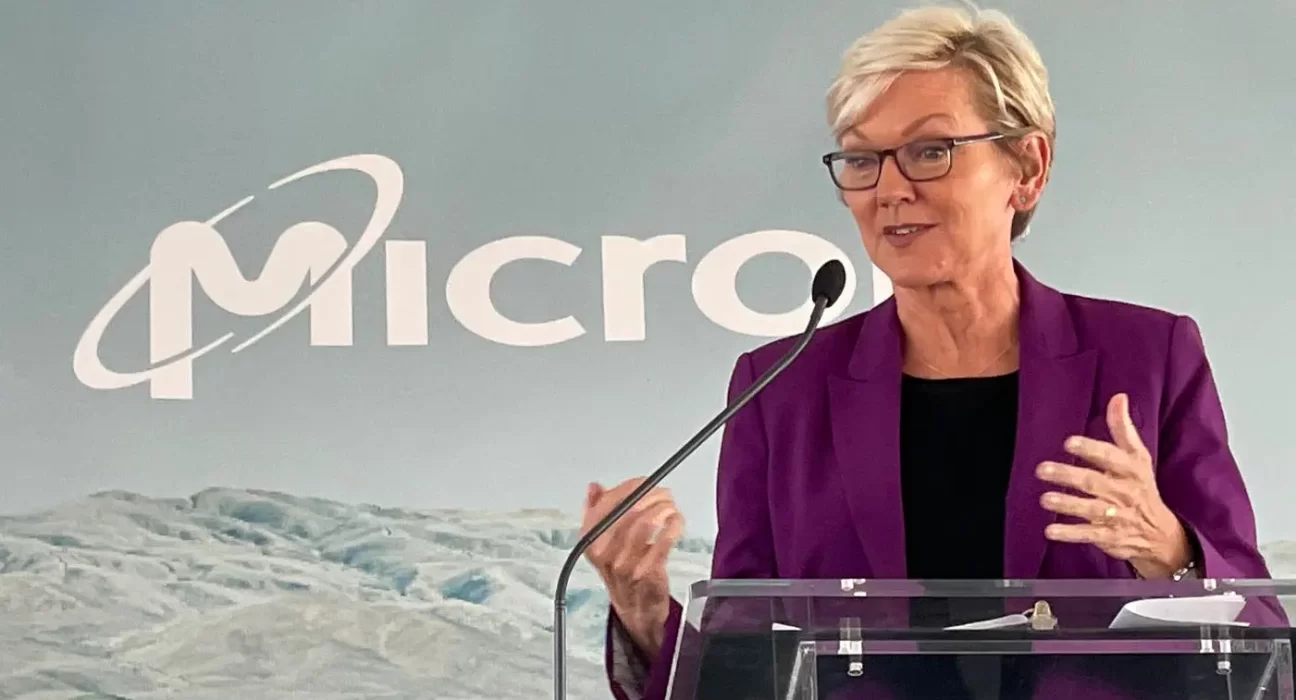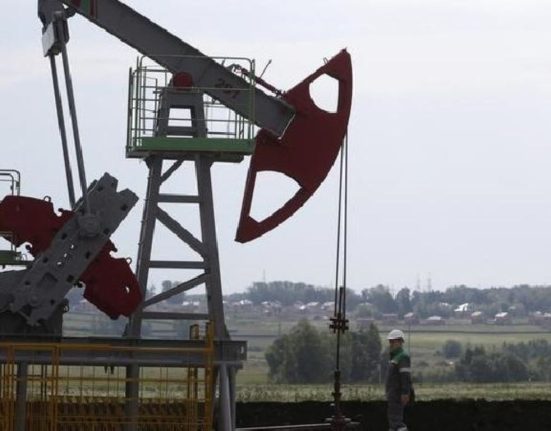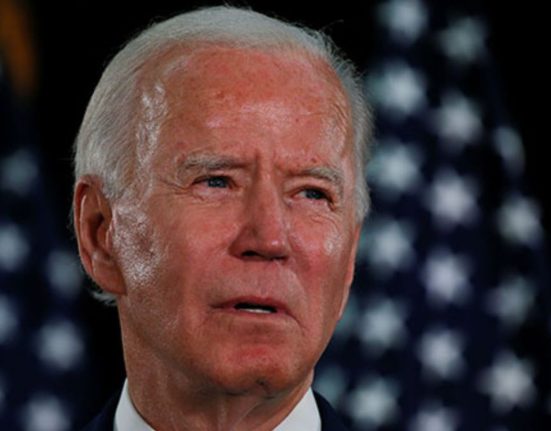In a groundbreaking move, the U.S. Department of Energy (DOE) has set its sights on revolutionizing the energy efficiency of water heaters, aiming to unlock substantial savings for American households. The proposed standards, which have not been updated in 13 years, promise to deliver unprecedented cost reductions, reflecting the administration’s unwavering commitment to promoting sustainability and easing financial burdens on consumers.
Responsible for approximately 13% of both annual residential energy consumption and utility costs, water heating represents a significant portion of the nation’s energy footprint. With the DOE’s new vision, residential water heaters are set to undergo a transformative evolution, ensuring they become powerful allies in the battle against climate change.
The proposed standards target the most common-sized electric water heaters, calling for efficiency gains achieved through innovative heat pump technology. Meanwhile, gas-fired water heaters would need to adopt cutting-edge condensing technology to meet the new requirements. If finalized, the standards are slated to take effect in 2029, allowing ample time for manufacturers and consumers to prepare for the paradigm shift.
The DOE’s vision extends far beyond immediate savings, as the projected long-term impact is nothing short of remarkable. The ambitious plan is expected to generate an astounding $11.4 billion in annual savings on energy and water bills for consumers. But the benefits don’t stop there – over 30 years, the new standards could collectively save nearly $200 billion and reduce more than 500 million metric tonnes of carbon dioxide emissions. To put this into perspective, this reduction is equivalent to the combined annual emissions of an astonishing 63 million homes, constituting approximately 50% of households in the entire United States.
Energy Secretary Jennifer Granholm expressed her enthusiasm for the proposal, highlighting its alignment with the administration’s broader efforts to alleviate the financial strain on working families by cutting energy costs. The DOE’s ambitious vision is undoubtedly a significant step forward in creating a more sustainable and equitable energy landscape.
Unsurprisingly, a coalition of influential players, including water heater manufacturer Rheem, environmental group Natural Resources Defense Council, and various efficiency and consumer advocacy organizations, united in support of the new standards. Their joint statement applauded the DOE’s efforts and underscored the positive impact these regulations would have on the environment and consumers’ wallets alike.
However, not all voices joined in harmony. Tankless water heater manufacturer Rinnai raised concerns, arguing that the proposed standards for its products were “technologically impossible” and could limit consumer choice. As discussions continue, stakeholders will need to collaborate to strike a balance between energy efficiency and innovation to drive positive change while addressing any legitimate concerns.
This move represents just one of many initiatives launched by the administration of President Joe Biden, who has demonstrated an unwavering commitment to promoting sustainability and environmental responsibility. Throughout the year, the Biden administration has actively engaged with energy efficiency standards, issuing proposals or finalizing regulations for an impressive 18 product categories, highlighting a proactive approach to reducing the nation’s carbon footprint.
In contrast, the previous administration under President Donald Trump had a contentious relationship with energy efficiency standards. President Trump raised eyebrows with complaints about water-efficient shower heads, claiming that they impeded the rinsing of his hair. As a result, his Energy Department opted to ease energy standards on such fixtures. However, the Biden administration has since reversed this decision, aiming to uphold sustainability principles and prioritize the conservation of natural resources.
In conclusion, the U.S. Department of Energy’s bold proposal to enhance water heater efficiency offers a glimpse of a brighter, greener future. With the potential to save billions on energy bills and drastically reduce carbon emissions, these forward-thinking standards underscore the nation’s commitment to combatting climate change while providing financial relief to consumers. As stakeholders work together to fine-tune the regulations, the stage is set for a cleaner and more sustainable energy landscape that benefits all Americans.










